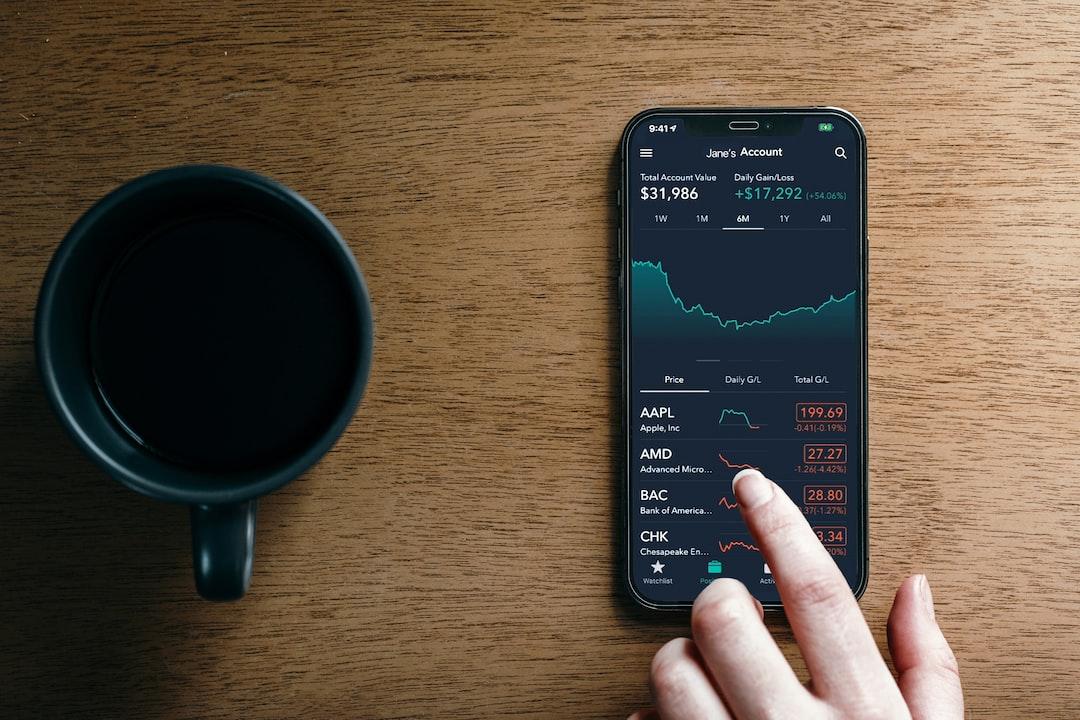In the past six months, the high price of Bitcoin has been largely driven by a new type of enterprise focused on acquiring Bitcoin through leverage, known as “Bitcoin Acquisition Companies.” However, while these companies have fueled market sentiment and pushed prices higher, concerns are gradually arising: “If specific companies control a large amount of Bitcoin, will this impact liquidity and volatility, potentially causing Bitcoin to lose its potential as a ‘central bank reserve asset’?”
From Financial Strategy to Leveraged Funds: The Bitcoin Investment Trend Sparked by MicroStrategy
Several “Bitcoin Acquisition Vehicles” have recently focused on acquiring Bitcoin through leveraged operations and financial innovations, making it the core of their asset allocation. Since MicroStrategy (now Strategy) significantly invested its company assets into Bitcoin in 2020, this strategy has attracted numerous companies to follow suit, including Tesla, Twenty One Capital, GameStop, and even Trump Media.




Initially, these companies sought to hedge against fiat currency inflation, but as Bitcoin prices rose, they began issuing convertible bonds or preferred stock as financial instruments to leverage their Bitcoin positions, transforming into entities similar to “closed-end funds.” As of now, Strategy holds over 580,000 Bitcoins, valued at nearly $63 billion, accounting for about 2.8% of the total supply. If calculated based on actual circulating supply, this ratio is even higher.


Leverage and Premium: The Financial Magic of Combining Bitcoin with Equity and Convertible Bonds
Bitcoin reserve strategy companies raise funds through equity or convertible bonds to acquire Bitcoin. If their stock price exceeds the actual asset value, investors will pay a “premium” to purchase the stock, and this premium can, in turn, be used to increase Bitcoin holdings, further boosting per-share value, creating a positive feedback loop. Swiss licensed crypto bank Sygnum expresses concern that this model may not be sustainable:
When market demand saturates, sentiment declines, or Bitcoin prices fall, stocks may start trading at a “discount,” harming existing investors and making it difficult for new capital to enter. Furthermore, when Bitcoin prices plummet sharply, these companies may be forced to sell Bitcoin to repay debts, exacerbating market downward pressure and severely undermining market confidence.
Sygnum: Strategic Hoarding of Bitcoin May Distance it from Central Bank Reserves
Sygnum warns that the large-scale Bitcoin hoarding behaviors of Strategy and its imitators are undermining the feasibility of Bitcoin becoming a central bank reserve asset: Bitcoin’s decentralization and high liquidity are fundamental to its status as “digital gold,” but when a single company controls too many tokens, it weakens its neutrality and acceptability as a safe asset. The liquidity and volatility of Bitcoin are key considerations for many institutions and central banks; however, these “leveraged buyers” are distorting these structures, potentially deterring more conservative capital.
Market Contribution and Systemic Risk: The Double-Edged Sword of the Bitcoin Reserve Craze
It is undeniable that Bitcoin acquisition companies have played a significant role in driving market prices and expanding investment exposure, filling the gap left by ETFs or other regulated investment products. However, as more and more companies enter this field, investors must also be aware of valuation ceilings and systemic risks. Sygnum also reminds:
Presenting these companies as “corporate financial strategies” is misleading as their nature is closer to “high-risk investment funds.” After all, while strategic buying can be exciting, when prices drop, fundraising becomes difficult, or the regulatory environment changes, these companies could become potential “pressure points for selling.”
Risk Warning
Investing in cryptocurrencies carries a high level of risk, with prices potentially fluctuating dramatically, and you may lose your entire principal. Please assess risks cautiously.

